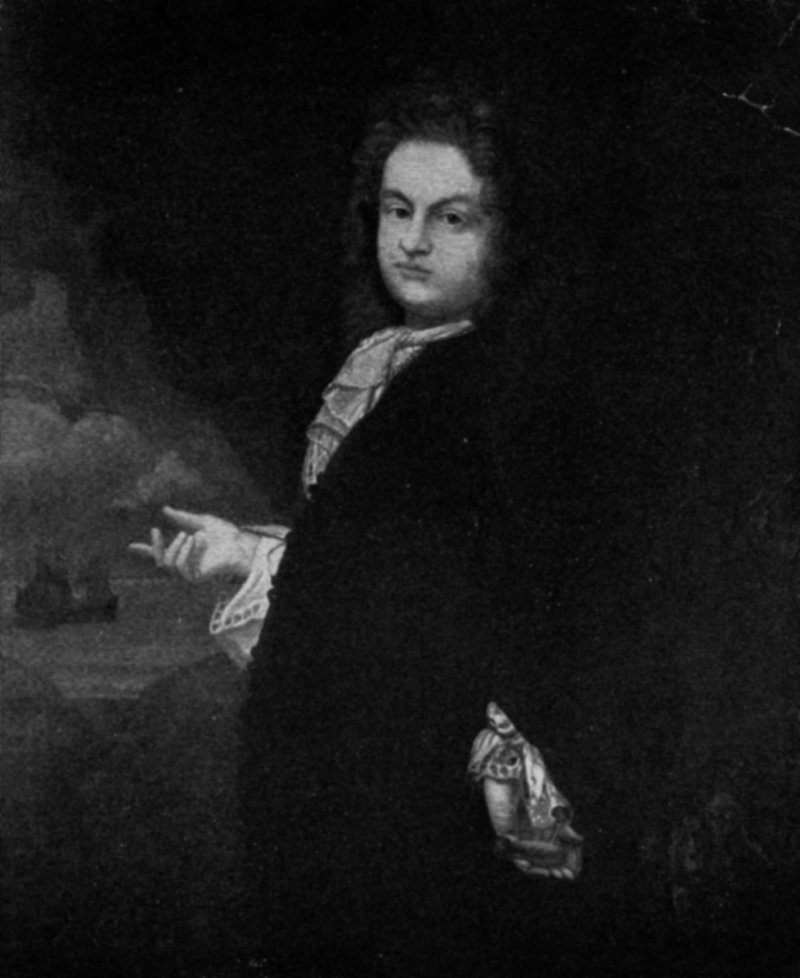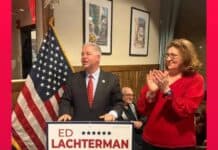
By Mary Hoar, President Emerita, Yonkers Historical Society, recipient of the 2004 Key to History, President Untermyer Performing Arts Council
Monday, November 23rd:
November 23, 1943: The Dresner family of Stone Avenue received a gift from son Lieutenant Allen Dresner, USNR, mailed from Hawaii where he was recovering from malaria. Tucked into a milk chocolate can were souvenirs collected during the year Dresner spent in the South Pacific. Among the souvenirs his mother Ruth found were Japanese shell casings, a deactivated grenade and… two molars! No explanation of where he had gotten the teeth, but his mom anxiously awaited his arrival home to find out why he kept them.
November 23, 1946: Robert Weist, Legislative Assistant to the Common Council, told the Taxpayers Organization of Northeast Yonkers the city would not have the promised twice-a-week trash collection in 1947. The organization was outraged and stated increasing weekly collections not only were imperative to safeguard the health of Yonkers people, they were necessary to control the dangerous Yonkers rat menace.
Tuesday, November 24th:
November 24, 1942: The Herald Statesman reviewed the success of the “V for Victory” warning for speeders! Because speeding wasted gas needed for the war effort, Yonkers drivers’ began tapping out the special signal, “beep—beep—beep—beeeeep” (three short and one long beeps, Morse Code for V) whenever they saw a fast-moving driver. Most drivers immediately slowed down, not only because speeding was “dangerous, it was TREASON,” in the words of the paper.
November 24, 1947: Robert Weist, Legislative Assistant to the Yonkers Common Council, spoke on the advantages of the City Manager government in Yonkers on a Scranton radio station program arranged by the Scranton Junior Chamber of Commerce. He focused on the improvements since Yonkers adopted this form of administration: lower taxes; improved city services, improved garbage collection; Yonkers higher credit standing; and repairs of schools and streets.
Wednesday November 25th:
November 24, 1936: Mayor Joseph Loehr announced, for the first time in four years 3,000 Yonkers employees would receive a full paycheck on December 31st.
November 25, 1942: When The Herald Statesman’s “Town Talk” column asked the question if anyone remembered the names of the two Yonkers men awarded the Distinguished Service Cross during WWI, few were able to answer the question! The men honored with the DSC, the second highest honor our country presents, were Recreation Superintendent James McCrudden and Yonkers Savings Bank’s Angus Robertson.
Thursday, November 26th:
November 26, 1922: Three radio shops, Yonkers Radio Exchange on Main Street, Felsh & Kastl on Warburton Avenue, and Knepfer’s Sports Shop on Main Street, invited the public to hear Yonkers Statesman Sports Editor William Miley speak on the “Football Season of 1922.” The show was broadcast over Tarrytown’s Station WRW. Other Yonkers residents who owned radiophone receiver were invited to tune to 360 meters to hear the address.
November 26, 1945: McLean Heights’ Edward O’Neill, National Sergeant-At-Arms of the American Legion, personally escorted General Eisenhower at their national convention in Chicago. Although a member of the American Legion’s Committee on Distinguished Guests, this was the first time he had sole responsibility for an honored guest at the convention.
Friday, November 27th:
November 27, 1922: Best-selling British novelist Hugh Walpole spoke to a large audience in Philipsburgh Hall on “Books and Friendship.” Although listed as a British author, Walpole was born in New Zealand; when he was five years old, his father, a minister, took an assignment at the General Theological Seminary in New York. When he was nine, he was sent to school in England.
November 27, 1943: Yonkers audiences at the Yonkers RKO Proctor’s spotted Yonkers soloist and Private First Class Vance Campbell in the movie, This is the Army! Starring Ronald Reagan and Joan Leslie, all proceeds of the film went to the Army Emergency Relief Fund. Campbell portrayed an Army Chaplain in the film; when romance bloomed between the two Hollywood stars and reached the marrying stage in the film, Campbell performed the ceremony! This is the Army was the highest grossing musical film for eleven years, finally surpassed in 1954 by White Christmas. Proceeds from the movie were donated to the Army Emergency Relief.
Saturday, November 28th
November 28, 1910: Mayor James Lennon named a commission to review designs for murals for the new City Hall; Rudolf Eickemeyer, Jr., Charles Israels and Howard Chamberlin were appointed to this committee.
November 28, 1912: Yonkers own William Langford was the official referee for the Army-Navy game at Franklin Field in Philadelphia. Navy won, 6-0.
November 28, 1942: Harry Ahistedt’s safety glasses were featured in Yonkers Works Digest, the company paper for Otis employees. Ahistedt, an experienced worker who performed a thousand operations a day, had a narrow escape; a bolt flew out of the machinery and hit the safety glasses he was smart enough to wear! The safety glasses, no doubt, saved his eyesight, and the incident and resulting publicity were a very important safety lesson to the men and women who worked for the company.
Sunday, November 29th
November 29, 1672: Elias Doughty, brother of Mary Van der Donck O’Neale, sold Colendonck to Thomas Delaval, Thomas Lewis and Frederick Philipse. At the time of the purchase there was a thriving business at the mill near the mouth of the Nepperhan River; Philipse found it so profitable, he bought out his partners and became sole owner in 1686. He gradually extended his holding until his lands covered all the land from the Spuyten Duyvil Creek to the Croton River.
November 29, 1943: The lack of parking facilities for employees of Habirshaw Cable and Wire Corporation, long a major issue both for employees and local residents, not only caused numerous complaints to police and City Hall, but also was a major safety concern. The company finally agreed to purchase an empty lot across from the Glenwood Gardens apartments for employee parking; the Common Council created a zoning change to permit parking in the lot. The Council asked the City Manager to make certain the site only would be used for open air parking and meet with the Habirshaw management; before any discussions could take place, the company announced it had cancelled its contract to buy the property!
For more information on the Yonkers Historical Society, Sherwood House and our upcoming events, please visit their website www.yonkershistoricalsociety.org or email yhsociety@aol.com.





